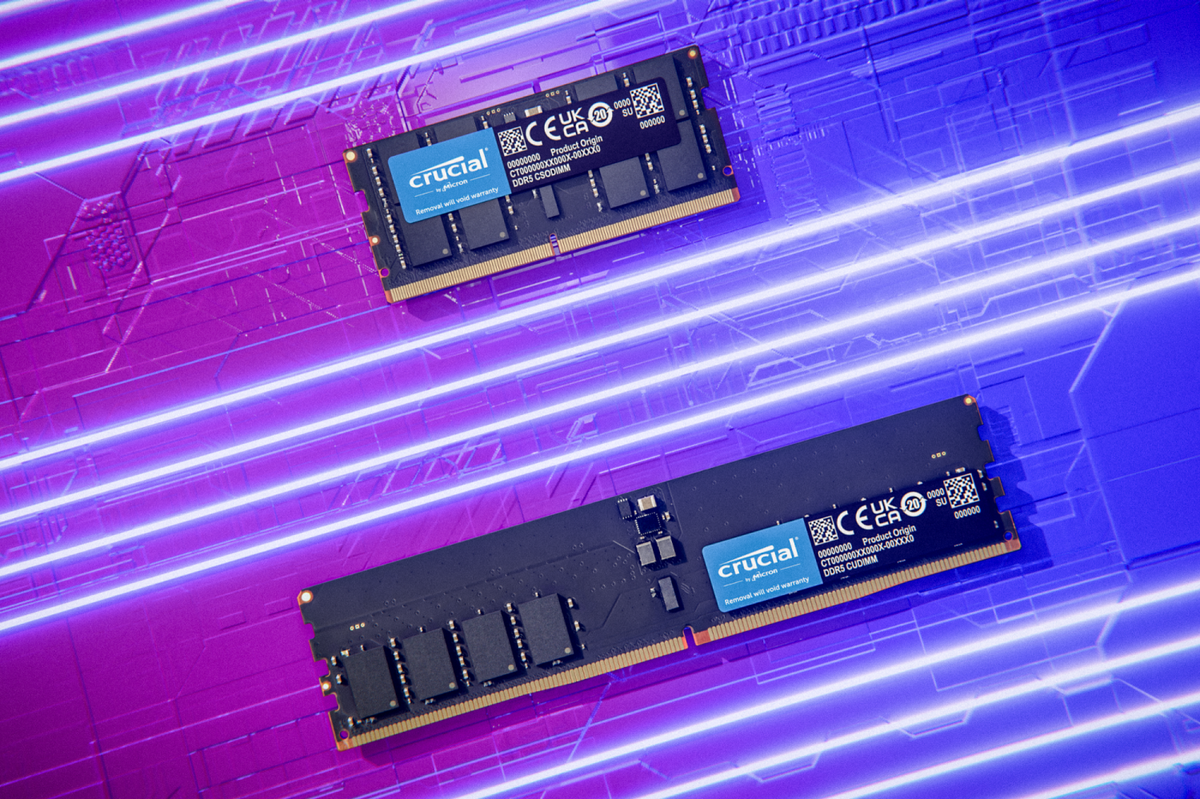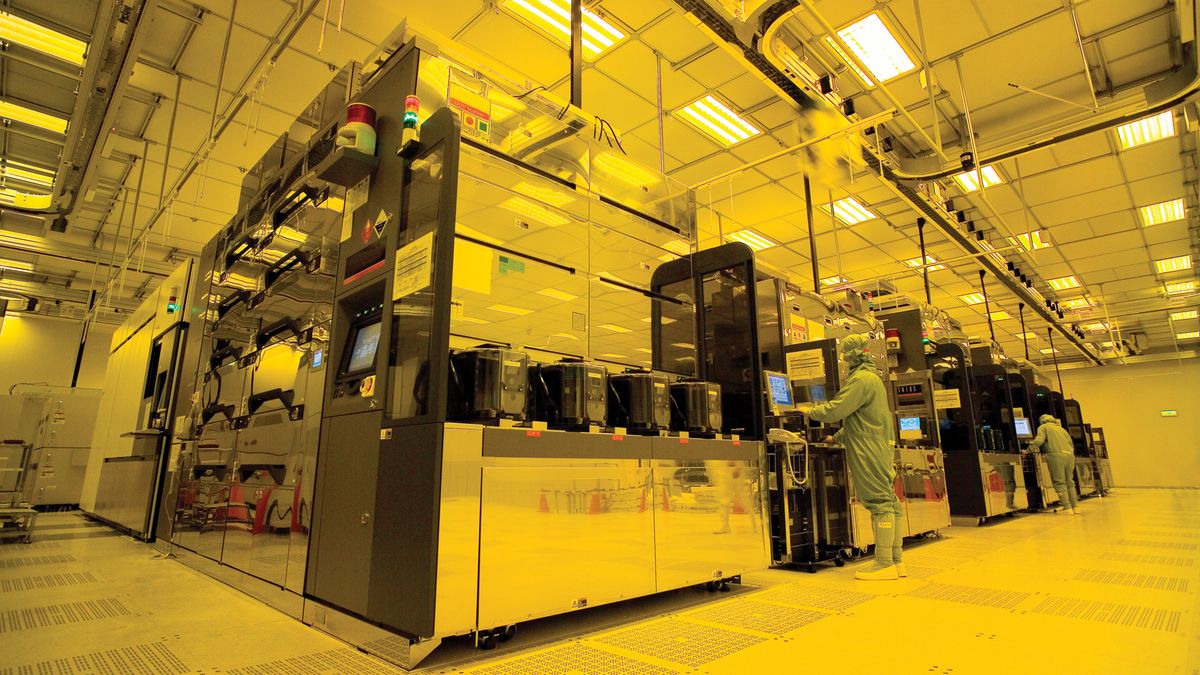Donald Trump's new AI Action Plan promises to secure American dominance through deregulation and American competition.
While the goal of making advancements in AI is admirable, the path proposed misunderstands how AI innovation actually works.
Professor at the Indian Institute of Science and Co-founder of Sentient.
The real threat to American leadership is the delusion that any single nation can or should monopolize humanity's most transformative technology.
In fact, the biggest moat that can be achieved in AI development is achieved by organizations that get the world's brightest minds to freely contribute their knowledge.
The only way to achieve this is through genuine inclusivity and openness.
The truth about global AI
Technology can be a great unifier, transcending borders in ways that politics cannot.
Consider how global supply chains, international datasets, and algorithms developed by research teams worldwide have built today's AI ecosystem.
Immigrant entrepreneurs have founded or co-founded 55% of America's billion-dollar startups, with 80% of unicorn companies having an immigrant in key leadership roles.
International researchers contribute to 76% of patents at top American universities. These numbers show how openness and collaboration have been the foundation of American technological leadership.
When we restrict the flow of talent and ideas, we export innovation. Companies simply move operations elsewhere, and they take jobs and knowledge with them.
The semiconductor industry already faces a projected shortfall of 146,000 skilled positions in the U.S. Even TSMC's Arizona facilities required engineers from Taiwan due to local talent shortages.
Why AI monopolies are different
Narrow monopolies can be the best way to accelerate specific technologies, but AI is not like other technologies. It's an all-encompassing transformation that touches every aspect of human activity.
AI improves through collective human feedback and diverse data; broader cultural context makes AI better. When you restrict who can contribute to and improve AI, you're limiting the technology's ability to reach its potential. An AI developed only by one demographic will embed biases that make it useless for others.
This is why open-source AI models are catching up so quickly. They benefit from millions of developers finding bugs, suggesting improvements, and adapting models for thousands of specific use cases that no single company could ever anticipate.
Attempting to monopolize something this broad and fundamental will trigger massive global pushback. Closing doors can’t stop innovation; it just ensures it happens elsewhere.
A world where multiple nations and organizations contribute to AI development is inherently more stable and innovative than one dominated by any single power. We've seen throughout history that technological progress accelerates when ideas flow freely across borders, whether in mathematics, physics, or computer science.
AI is no different, except the stakes are higher and the potential benefits greater.
The real cost of the arms race mentality
The current approach creates contradictions that harm the very goals it claims to serve. Tariff regimes increase construction costs for data centers by 15-20%, which makes the infrastructure needed for AI development prohibitively expensive for startups.
It hurts small companies, but it also prevents American businesses and consumers from accessing globally competitive, low-cost infrastructure. America is essentially taxing its own innovation.
More concerningly, framing AI as nationalist competition pushes us toward weaponization rather than problem-solving.
Instead of using AI to address climate change, cure diseases, or expand human knowledge, we risk creating competing camps where smaller nations must choose sides and global challenges remain unsolved.
The proposed removal of safety guardrails while demanding ideological neutrality creates a different but equally problematic form of control. True innovation requires both responsible development and diverse perspectives, and this cannot be achieved through prescriptive mandates from any government.
We need digital internationalism
The vision should be about plurality in use cases, where everyone has access to the highest levels of AI technology tailored to their values and needs. This will strengthen humanity's collective capability to solve our greatest challenges.
Resilience comes from diversity—multiple pathways, multiple contributors, multiple visions working in parallel. We need international governance frameworks that reflect global values, not just those of dominant powers. AI affects everyone, so its development and governance should reflect this global stakeholder community.
Just as importantly, we must solve the economic challenge that has long plagued open-source development: creating sustainable financial models that reward contributors.
We need to ensure developers who contribute to humanity's shared AI infrastructure can build careers and companies around that work so that the best minds are rewarded for their work in open development rather than being pulled exclusively into closed corporate labs.
The fact of the matter is that open-source AI will win regardless of what any government decides. The combined innovative power of millions of global developers will always outpace any closed system, no matter how well-funded. We're already seeing this with open frameworks outperforming proprietary systems.
History shows that countries trying to control transformative technologies through closure and protectionism get left behind. The real victory comes from building technology that serves humanity's needs while maintaining the openness that drives innovation.
Leadership happens best through championing the collaborative spirit that has always been the true source of technological progress.
We've featured the best AI chatbot for business.
This article was produced as part of TechRadarPro's Expert Insights channel where we feature the best and brightest minds in the technology industry today. The views expressed here are those of the author and are not necessarily those of TechRadarPro or Future plc. If you are interested in contributing find out more here: https://www.techradar.com/news/submit-your-story-to-techradar-pro









 English (US) ·
English (US) ·